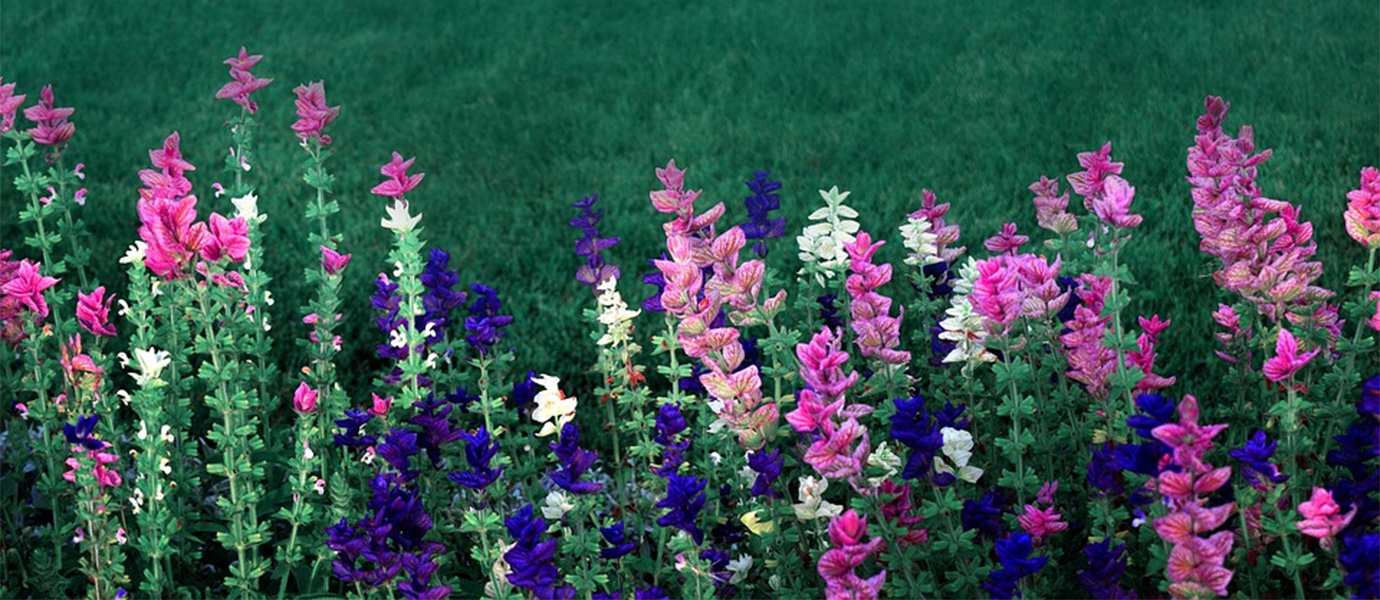ABOUT
North Carolina Botanical Garden
While visiting the University of North Carolina at Chapel Hill’s North Carolina Botanical Garden, groups can take a walk on the Piedmont Nature Trails, see native plant gardens, appreciate the coastal plain, and mountain peruse habitat gardens. Display gardens feature carnivorous plants, ferns, heirloom vegetables, native perennials, tulip trees, a variety of wildlife, and more. Students, scouts, homeschoolers, and campers can book tours of the garden and participate in on-site field trip programs in the education center. The garden’s James & Delight Allen Education Center is home to an exhibit hall, classrooms, an auditorium, and more for programs, lectures, and events.
contact info
Hrs: Tues.-Sat. 9AM-5PM, Sun. 1PM-5PM.
HELPFUL LESSON PLAN(S)
Prepared by FieldTripDirectory.com
Botanical Garden Lesson Plan
FUN FACTS
The diverse world of plants is perhaps the weirdest, and most fascinating, of all living things. Bamboo can grow over three feet in one day (you can literally watch it grow). There are 600 species of carnivorous plants, which trap and digest insects, frogs, or small birds (if a vegetarian eats this plant, are they still a vegetarian?). The world’s largest flower, Rafflesia, can grow up to three feet in diameter (how big would a bouquet be…). Do a little digging on your next trip to a botanical garden (not literally!), and see what interesting plant facts you can find.
View Lesson Plan>>ABOUT
North Carolina Botanical Garden
While visiting the University of North Carolina at Chapel Hill’s North Carolina Botanical Garden, groups can take a walk on the Piedmont Nature Trails, see native plant gardens, appreciate the coastal plain, and mountain peruse habitat gardens. Display gardens feature carnivorous plants, ferns, heirloom vegetables, native perennials, tulip trees, a variety of wildlife, and more. Students, scouts, homeschoolers, and campers can book tours of the garden and participate in on-site field trip programs in the education center. The garden’s James & Delight Allen Education Center is home to an exhibit hall, classrooms, an auditorium, and more for programs, lectures, and events.
contact info
Hrs: Tues.-Sat. 9AM-5PM, Sun. 1PM-5PM.
HELPFUL LESSON PLAN(S)
Prepared by FieldTripDirectory.com
Botanical Garden Lesson Plan
FUN FACTS
The diverse world of plants is perhaps the weirdest, and most fascinating, of all living things. Bamboo can grow over three feet in one day (you can literally watch it grow). There are 600 species of carnivorous plants, which trap and digest insects, frogs, or small birds (if a vegetarian eats this plant, are they still a vegetarian?). The world’s largest flower, Rafflesia, can grow up to three feet in diameter (how big would a bouquet be…). Do a little digging on your next trip to a botanical garden (not literally!), and see what interesting plant facts you can find.
View Lesson Plan>>ABOUT
North Carolina Botanical Garden
While visiting the University of North Carolina at Chapel Hill’s North Carolina Botanical Garden, groups can take a walk on the Piedmont Nature Trails, see native plant gardens, appreciate the coastal plain, and mountain peruse habitat gardens. Display gardens feature carnivorous plants, ferns, heirloom vegetables, native perennials, tulip trees, a variety of wildlife, and more. Students, scouts, homeschoolers, and campers can book tours of the garden and participate in on-site field trip programs in the education center. The garden’s James & Delight Allen Education Center is home to an exhibit hall, classrooms, an auditorium, and more for programs, lectures, and events.
contact info
Hrs: Tues.-Sat. 9AM-5PM, Sun. 1PM-5PM.
HELPFUL LESSON PLAN(S)
Prepared by FieldTripDirectory.com
Botanical Garden Lesson Plan
FUN FACTS
The diverse world of plants is perhaps the weirdest, and most fascinating, of all living things. Bamboo can grow over three feet in one day (you can literally watch it grow). There are 600 species of carnivorous plants, which trap and digest insects, frogs, or small birds (if a vegetarian eats this plant, are they still a vegetarian?). The world’s largest flower, Rafflesia, can grow up to three feet in diameter (how big would a bouquet be…). Do a little digging on your next trip to a botanical garden (not literally!), and see what interesting plant facts you can find.
View Lesson Plan>>ABOUT
North Carolina Botanical Garden
While visiting the University of North Carolina at Chapel Hill’s North Carolina Botanical Garden, groups can take a walk on the Piedmont Nature Trails, see native plant gardens, appreciate the coastal plain, and mountain peruse habitat gardens. Display gardens feature carnivorous plants, ferns, heirloom vegetables, native perennials, tulip trees, a variety of wildlife, and more. Students, scouts, homeschoolers, and campers can book tours of the garden and participate in on-site field trip programs in the education center. The garden’s James & Delight Allen Education Center is home to an exhibit hall, classrooms, an auditorium, and more for programs, lectures, and events.
contact info
Hrs: Tues.-Sat. 9AM-5PM, Sun. 1PM-5PM.
HELPFUL LESSON PLAN(S)
Prepared by FieldTripDirectory.com
Botanical Garden Lesson Plan
FUN FACTS
The diverse world of plants is perhaps the weirdest, and most fascinating, of all living things. Bamboo can grow over three feet in one day (you can literally watch it grow). There are 600 species of carnivorous plants, which trap and digest insects, frogs, or small birds (if a vegetarian eats this plant, are they still a vegetarian?). The world’s largest flower, Rafflesia, can grow up to three feet in diameter (how big would a bouquet be…). Do a little digging on your next trip to a botanical garden (not literally!), and see what interesting plant facts you can find.
View Lesson Plan>>
